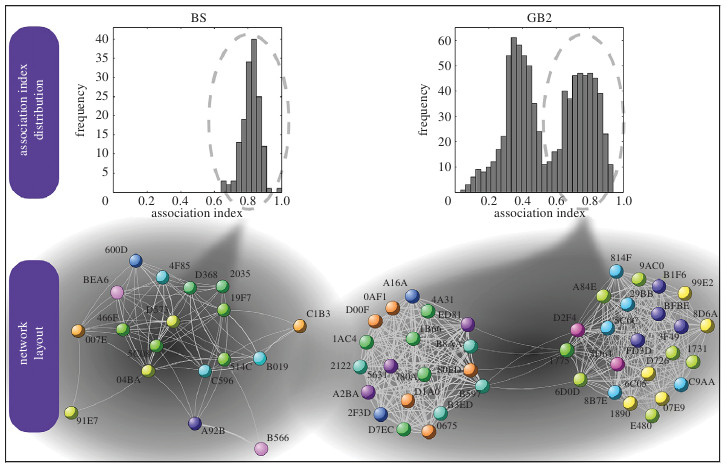Reply to Farrell: Improved individual estimation success can imply collective tunnel vision
Heiko Rauhut, Jan Lorenz, Frank Schweitzer and Dirk Helbing
Proceedings of the National Academy of Sciences (PNAS) (2011)
Research: Opinions Emotions
Abstract
Analyzing the data of the wisdom of crowd experiment by Lorenz et al. (1), Farrell (2) points out that information exchange improves individual estimates of answers to factual questions. He furthermore suggests that information exchange increases individual rewards and that this comes with an increase in confidence in their estimates. However, it has to be noted that individual rewards were revealed only after subjects specified their confidence. [This also shows that the reference to Danchin et al. (3) is not fitting, because in the foraging example, subjects were constantly aware of the external metric, namely the success of the foraging activities of other individuals.] Moreover, although the original experiment was designed to study social interaction effects, Farrell applies a psychological perspective. In fact, Farrell's commentary (2) focuses on individual-level effects, whereas Lorenz et al. (1) concentrated on group-level effects and show how aggregating micro-outcomes can lead to unexpected macro-level effects.

